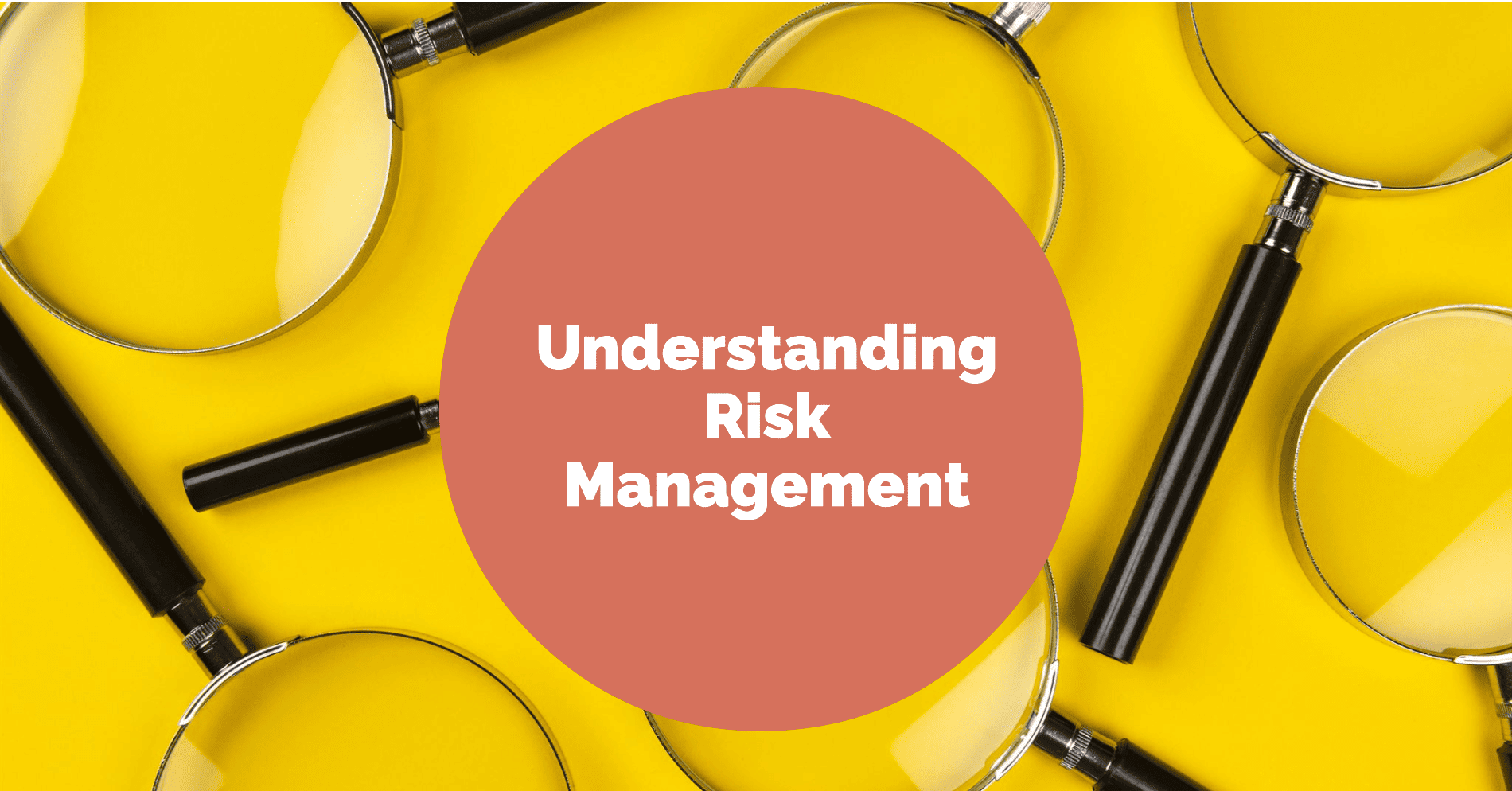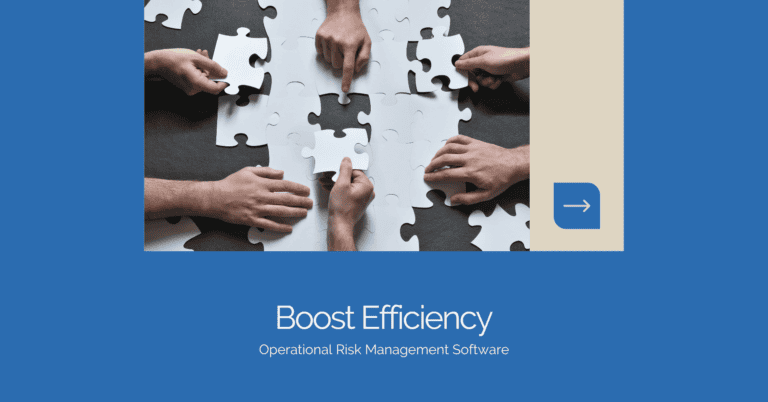Life is full of uncertainties, and risks are an inherent part of our daily experiences.
Managing and dealing with risks is crucial for success, whether starting a new business, making financial decisions, or simply navigating personal challenges.
In this blog, I’ll explore practical strategies and actionable steps to help you better manage risk. By understanding the nature of risks, assessing their potential impact, and implementing control and mitigation measures, you can confidently navigate uncertain terrain and make informed decisions.
Understand Risks
Risks are situations or events that have the potential to lead to undesirable or desirable outcomes. They can arise from various sources, including financial markets, technology, health, and business relationships.
Before effectively managing risks, you must understand what they are and how they can impact your life. By recognising that risks are a natural part of life, you can develop a mindset that enables you to approach them proactively rather than avoid them altogether.
Assess Risks
To manage risks effectively, assessing their potential probability and impact is crucial.
Begin by identifying and understanding the specific risks you’re facing. Consider the likelihood of each risk occurring and the possible consequences if it does. This process involves gathering relevant information, analysing historical data or trends, and consulting with experts or mentors who can provide valuable insights. By conducting a thorough risk assessment, you gain a clearer picture of what you’re up against, enabling you to prioritise your actions.
Once you have assessed the risks and identified potential areas of concern or opportunity, the next step is implementing risk control strategies.

Implement Risk Control Strategies
These strategies aim to manage the risk probability and enhance your ability to handle them. By taking these strategic actions, you can manage the chances of risks materialising. From a risk threat perspective, this can involve implementing safety protocols, conducting regular inspections, or enhancing security measures. From a risk opportunity perspective, it could be the awarding of a new contract.
Implement Risk Mitigation Strategies
Mitigation involves taking proactive measures to manage the impact of a risk. By anticipating potential risks and preparing accordingly, you minimise their negative consequences (or maximise the positive impact) on your goals. For example, suppose you’re starting a new business. In that case, you might consider diversifying your revenue streams, securing insurance coverage, or developing contingency plans.
Embrace a Learning Mindset
Dealing with risks also requires adopting a learning mindset.
Embrace a growth mindset that sees challenges as stepping stones to success. Instead of fearing failure or setbacks, view them as valuable learning opportunities. When things are unplanned, reflect on the experience, identify lessons learned, and adjust your approach accordingly. By embracing this mindset, you build resilience and gain valuable insights to guide you in future risk management endeavours.
Seek Support and Collaboration
Managing risks doesn’t mean you have to do it alone. Seek support and collaboration from trusted individuals or professional networks. Surround yourself with people who have experience in areas where you face risks. Engage in open discussions, share knowledge, and leverage their expertise to make more informed decisions. Collaboration not only helps in gaining new perspectives but also provides a support system during challenging times.
Continual Monitoring and Adaptation
Effective risk management is an ongoing process.
Adaptation is critical to avoiding emerging risks and ensuring your strategies and actions remain relevant and effective. Once you’ve implemented risk control and mitigation strategies, it is essential to monitor their effectiveness continually. Therefore, you should regularly review and update your risk assessment, considering changes in your circumstances or the external environment.






